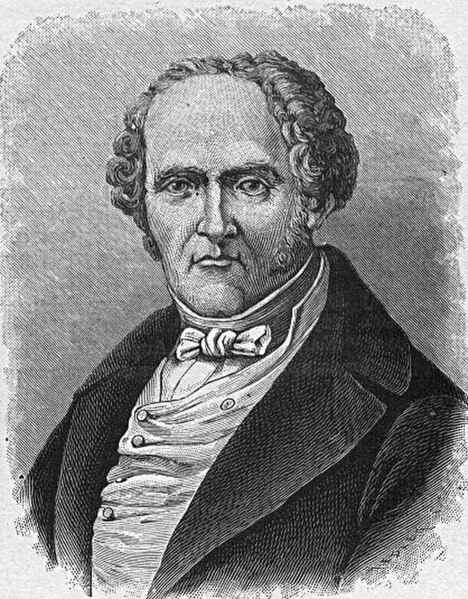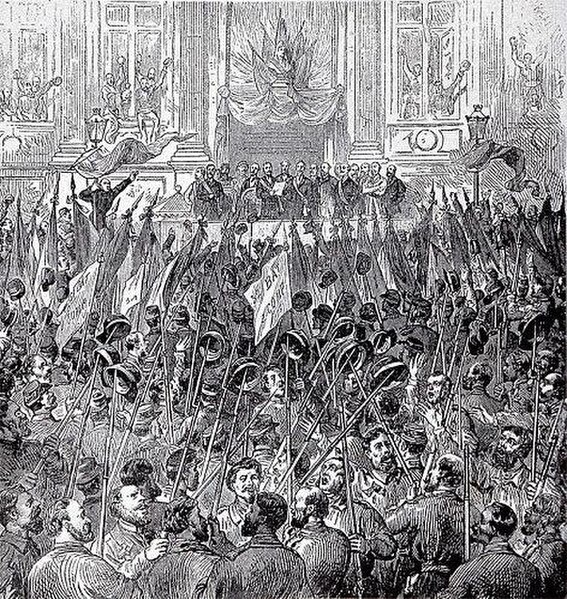Socialist economics comprises the economic theories, practices and norms of hypothetical and existing socialist economic systems. A socialist economic system is characterized by social ownership and operation of the means of production that may take the form of autonomous cooperatives or direct public ownership wherein production is carried out directly for use rather than for profit. Socialist systems that utilize markets for allocating capital goods and factors of production among economic units are designated market socialism. When planning is utilized, the economic system is designated as a socialist planned economy. Non-market forms of socialism usually include a system of accounting based on calculation-in-kind to value resources and goods.
Charles Fourier, influential early French socialist thinker
Karl Marx, influential German socialist thinker and economist
The Conquest of Bread by Peter Kropotkin, influential work which presents the economic vision of anarcho-communism
Albert Einstein advocated for a socialist planned economy with his 1949 article "Why Socialism?"
Socialism is an economic and political philosophy encompassing diverse economic and social systems characterised by social ownership of the means of production, as opposed to private ownership. It describes the economic, political, and social theories and movements associated with the implementation of such systems. Social ownership can take various forms, including public, community, collective, cooperative, or employee. Traditionally, socialism is on the left wing of the political spectrum. Types of socialism vary based on the role of markets and planning in resource allocation, and the structure of management in organizations.
Charles Fourier, influential early French socialist thinker
The celebration of the election of the Commune on 28 March 1871—the Paris Commune was a major early implementation of socialist ideas.
Karl Marx in 1875
Vladimir Lenin, founder of the Soviet Union and the leader of the Bolshevik party.







